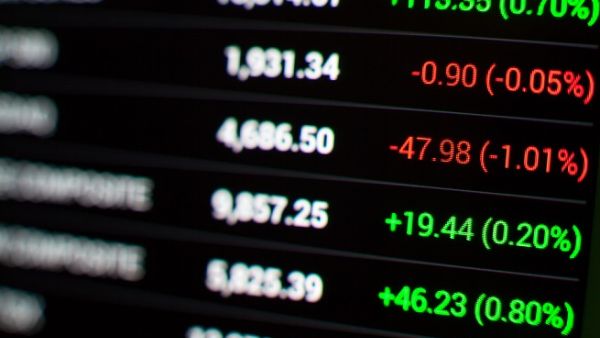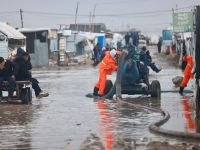The Central Bank of Bahrain (CBB) has affirmed that the economic situation in Bahrain remains robust supported by strong banking system.
“Despite the current low oil price, the economy continues to grow with low inflation reflecting the Government’s ongoing initiatives to foster sound fiscal and economic policies,” a CBB statement said in response to S&P’s rating of Bahrain.
Related stories:
- Bahrain Inks $10 Billion Trade Agreements With US
- How Saudi Arabia, UAE And Bahrain Are Moving Towards A Greener Economy
“Notwithstanding the rating agency’s action, the economic situation in Bahrain remains robust supported by a strong banking system,” it added. Referring to the rating, which is now at ‘B+’, CBB said that Bahrain’s financial sector has performed well over the years and the recent results of the banking sector reflect its strong liquidity and capitalization.
S&P Global Ratings on Friday lowered Bahrain’s long-term foreign and local currency sovereign credit ratings to ‘B+’ from ‘BB-', according to Reuters.
In the rating, S&P said it “reflected Bahrain’s weak external liquidity and increasing financial risk due to more limited access to international capital market financing.”
In response, CBB said that the Kingdom “remains committed to maintaining a fixed exchange rate regime with the US Dollar”.
“This policy has provided a strong anchor for monetary policy throughout the years and helped in creating a stable business environment and financial stability,” the statement said adding: “The International Monetary Fund also endorsed this policy in its Article IV review of the economy of Bahrain.”
CBB also pointed out that the initiatives adopted by the Government were effective in “gradually adjusting the fiscal imbalances” and “enhancing the overall legal, investment and business environment”.
This according to CBB is reflected in the 4.7pc growth achieved by the non-oil sector in the first half of 2017, compared to the 4.0pc growth in 2016.
In the first half of 2017, Bahrain’s economy grew 3.4pc. In 2016, the growth was 3.2pc.
Related stories:
- Project Spending To Support Bahrain’s Non-Oil Growth: NBK Report
- Bahrain, Saudi Arabia Announce Plans For Second Bridge
The statement, however, pointed out that despite the lower contribution of oil sector in Bahrain’s economy to 20pc, oil revenue is still the main source of income in the state budget, which provides continuous foreign exchange revenues that can meet the cost of imports, financial transfers and remittances.
On foreign direct investments, CBB said that the sector continued to grow reaching $695 million as of October 2017, compared to $280 million in 2016, reflecting the resilience of the economy.
CBB also pointed out that the capital adequacy ratio of Bahrain’s banking sector was 19.8pc as of September 2017, well above the regulatory requirement. Retail deposits continued to grow reaching $45.1 billion in October 2017, increasing by almost 4.5pc compared to the same period in 2016.








